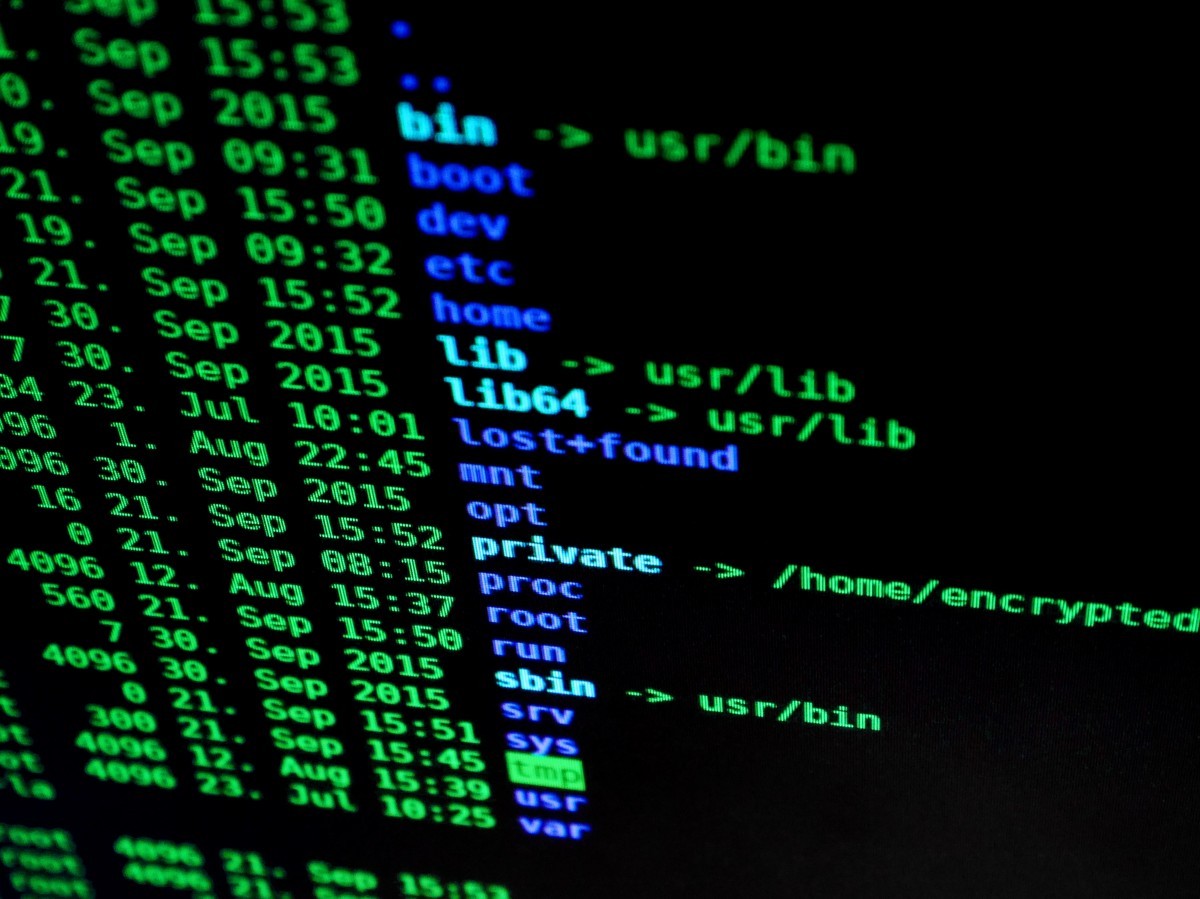 In 2001, the medical technology industry responded to pressure from consumers and watchdogs like the ACCC with the setting up of a Code of Practice overseen by the Medical Technology Association of Australia (MTAA). The code is voluntary, penalty provisions are yet to be used and policing is mainly internal, with one company watching another for any breaches. The Code became more stringent with the 5th revision in October 2009. Although you are now unlikely to see a surgeon skiing in the Aspen Mountains courtesy of Company X while he contemplates using a particular prosthesis, the Code is not as stringent as that for Medicines Australia. This is partly because advertising, the sponsoring of product ‘trials’, and in-service training are the means by which technology gets into the marketplace.
In 2001, the medical technology industry responded to pressure from consumers and watchdogs like the ACCC with the setting up of a Code of Practice overseen by the Medical Technology Association of Australia (MTAA). The code is voluntary, penalty provisions are yet to be used and policing is mainly internal, with one company watching another for any breaches. The Code became more stringent with the 5th revision in October 2009. Although you are now unlikely to see a surgeon skiing in the Aspen Mountains courtesy of Company X while he contemplates using a particular prosthesis, the Code is not as stringent as that for Medicines Australia. This is partly because advertising, the sponsoring of product ‘trials’, and in-service training are the means by which technology gets into the marketplace.
Signatories to the MTAA Code self regulate. Any dobbing of a company must be in writing after you have spoken to the CEO of the company. Sanctions vary between discontinuing the offence and publishing retractions, and fines are up to $75,000 for repeat offenders. Of course, MTAA has first to arbitrate against the company and as it is also an advocate for the medical technology industry, there is obvious conflict of interest. It has regular interactions and meetings with the peak organisations representing the healthcare profession e.g. AOA, RACS, AMA.
Doctors are represented on both the Code Monitoring Committee and the Code Complaints Committee. Although any fined company will be published in the annual report and on the MTAA website, deterrence is not strong. There is no undertaking by member companies to outline how much they spend on sponsorship, the same as pharmaceutical companies do under the Medicines Australia Code. This may be because MTAA’s Code of Practice does not require authorisation by the ACCC.
Just about any every major company is listed with MTAA, most based in NSW. The only two members based in WA are Surgical House and bioMD. MTAA says the Code’s purpose is to educate companies, healthcare professionals and consumers about the benefits of working in an ethical, transparent, and socially responsible business environment.
The Code of Practice addresses key areas – claims and endorsements in advertising and promotional material, product training and education, third party educational conferences, hospitality, consultancy and fellowships.
The contentious areas of interaction with doctors and other healthcare professionals are well known:
Company-sponsored training and education on products. Many medical technology products require hands-on training to ensure that the product is well-understood and the correct technique is used. But how long does it take to train on a product and what is educational versus simple commercial use?
Sponsorship of third party educational events. Under the Code a company may provide sponsorship for an educational conference but may not make direct payment to an individual healthcare professional to attend the conference.
Hospitality for healthcare professionals is still permitted during training and education events. The hospitality should be modest in value, subordinate in focus to the educative intent of the meeting and not include entertainment.
Healthcare professionals can be paid to consult with and provide input in the development of a product or participate on a company advisory board. This is open to wide interpretation but a consulting arrangement should only be entered into where there is a legitimate need for the services, which must be identified in advance and documented.
Prohibition on the giving of gifts (with very minor exceptions). No gifts are to carry product branding.
Research grants. While industry is a major contributor to research the fact that the Code has introduced a requirement that any company that contracts with a consultant to conduct clinical research must now have a written research protocol, suggests that so-called “research” in the past could have been dodgy. Arrangements must now be transparent and arms’ length. However, every specialist has his/her research institute set up these days so ‘arms length’ is not a problem. And the fact that research grants should only be provided to support independent medical research with scientific merit is open to much interpretation.
Educational grants should only be made for the advancement of medical education with an academic affiliation or the advancement of public education for consumers; and charitable donations should only be made to genuine charitable organisations.
Fellowships are now within the framework of accredited educational programs auspiced by a medical professional association.
Table: Key Don’ts Under the Revised Code
| Don’t provide direct funding to attend a conference. |
| Don’t provide hospitality except in product education or in-service training, or by sponsorship of an educational conference. |
| Don’t pay the cost of travel or hospitality for partners or family members. |
| Don’t pay for participation in or attendance at a sporting event or other entertainment. |
| Don’t provide any gift unless it serves an educational purpose, is minimal in value and is relevant to the practice of medicine. |
| Don’t provide any form of branded promotional item. |

